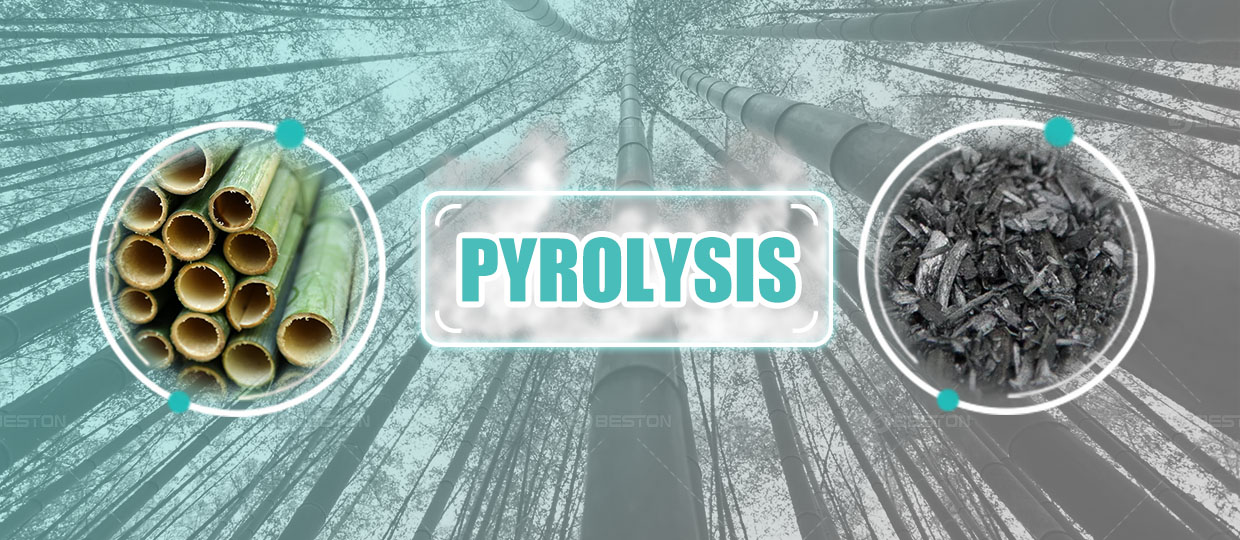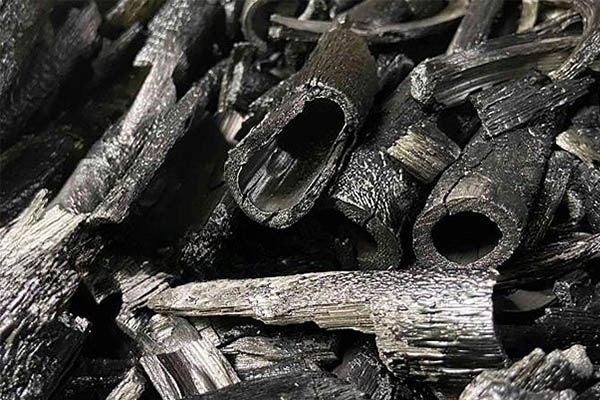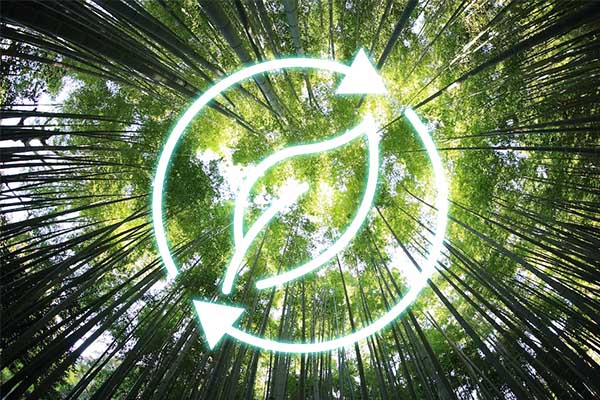Benefits of Making Charcoal from Bamboo Waste
Charcoal production has been a longstanding practice, traditionally associated with the use of hardwoods. However, with increasing environmental concerns and the depletion of forest resources, alternative sources for charcoal have become imperative. One promising solution is the utilization of bamboo waste. Bamboo, a highly renewable resource, offers a sustainable and efficient feedstock for charcoal production. This article delves into the myriad benefits of making charcoal from bamboo waste, highlighting its environmental, economic, and technical advantages.

Environmental Benefits
Sustainable Resource
Bamboo is one of the fastest-growing plants on Earth, with certain species capable of growing up to 91 cm (35 inches) per day. Unlike traditional hardwood sources, which can take decades to mature, bamboo can be harvested in a much shorter cycle, typically every 3-5 years. This rapid growth rate ensures a continuous and renewable supply of biomass, making bamboo an ideal candidate for sustainable charcoal production.
Reduction of Waste
Bamboo cultivation and processing generate significant amounts of waste, including offcuts, sawdust, and other residues. Converting these waste materials into charcoal not only mitigates waste disposal issues but also transforms a potential environmental burden into a valuable product. This process aligns with circular economy principles, where waste materials are repurposed and reintegrated into the production cycle.
Carbon Sequestration
Bamboo plays a crucial role in carbon sequestration, absorbing CO2 from the atmosphere at a higher rate compared to many other plants. When bamboo waste is converted into charcoal through biomass pyrolysis machine, a portion of the carbon is locked into the charcoal, preventing its release back into the atmosphere. This contributes to a reduction in greenhouse gas emissions and helps combat climate change.
Reduced Deforestation
The use of bamboo waste for charcoal production alleviates the pressure on forests. Traditional charcoal production often involves the unsustainable harvesting of hardwood trees, leading to deforestation and habitat destruction. By providing an alternative source of biomass, bamboo charcoal helps preserve forest ecosystems and biodiversity.

Economic Benefits
Cost-Effective Production
Bamboo waste is often available at a lower cost compared to other biomass sources. Since it is a byproduct of bamboo processing industries, utilizing this waste stream can reduce raw material costs for charcoal producers. This economic advantage can be particularly beneficial in regions where bamboo is abundantly available and underutilized.
Job Creation
The development of bamboo charcoal machine can stimulate local economies by creating jobs in various sectors, including bamboo cultivation, waste collection, transportation, and charcoal production. This can be especially impactful in rural areas, where employment opportunities may be limited.
Value Addition
Transforming bamboo waste into charcoal adds value to what would otherwise be a low-value or waste material. This value addition can enhance the profitability of bamboo-related industries and encourage further investment in bamboo cultivation and processing infrastructure.
Market Demand
There is a growing demand for sustainable and eco-friendly products, including charcoal. Bamboo charcoal, with its environmental benefits and superior properties, can cater to niche markets such as organic farming, water purification, and air filtration. These markets often command higher prices, providing an additional revenue stream for producers.
Technical Benefits
Superior Fuel Properties
Bamboo charcoal exhibits superior fuel properties compared to traditional hardwood charcoal. It has a higher calorific value, meaning it produces more heat per unit weight. Additionally, bamboo charcoal burns more efficiently and generates less smoke and ash, making it a cleaner fuel option for cooking and heating.
Biomass Pyrolysis Technology
The production of bamboo charcoal leverages biochar pyrolysis machine, a thermochemical process that decomposes organic materials at high temperatures in the absence of oxygen. This technology is highly efficient and can be fine-tuned to optimize charcoal yield and quality. Biomass pyrolysis also produces valuable byproducts such as bio-oil and syngas, which can be utilized for energy generation or as chemical feedstocks.
Consistent Quality
Bamboo charcoal production can be standardized to ensure consistent quality and performance. This consistency is critical for applications that require specific charcoal characteristics, such as activated carbon production for water and air filtration. Standardization also facilitates the scaling up of production and entry into international markets.
Versatility
Bamboo charcoal is highly versatile and can be processed into various forms, including briquettes, pellets, and powder. This versatility allows it to cater to different end-use applications, from household cooking fuel to industrial processes. The adaptability of bamboo charcoal enhances its market potential and broadens its application scope.
Environmental Impact Mitigation
Soil Amendment
Bamboo charcoal, particularly when processed into biochar, can be used as a soil amendment. Biochar improves soil fertility, water retention, and microbial activity, leading to enhanced crop yields. It also helps in carbon sequestration, further mitigating the environmental impact of agricultural practices.
Water Purification
Bamboo charcoal has excellent adsorption properties, making it effective in removing impurities from water. It can adsorb heavy metals, organic contaminants, and other pollutants, providing a sustainable solution for water purification. This application is particularly valuable in regions facing water quality challenges.
Air Filtration
Bamboo charcoal’s porous structure and large surface area make it an effective material for air filtration. It can absorb odors, volatile organic compounds (VOCs), and other airborne pollutants. Using bamboo charcoal in air purification systems contributes to healthier indoor air quality and reduces exposure to harmful substances.
Challenges and Future Prospects
Technical Challenges
While the benefits of bamboo charcoal are substantial, there are technical challenges that need to be addressed to optimize production processes and improve product quality. These challenges include the need for advanced pyrolysis technologies, quality control mechanisms, and efficient waste collection systems. You can consult Beston Company for more bamboo pyrolysis technology solutions.
Market Development
Developing a robust market for bamboo charcoal requires awareness and acceptance among consumers and industries. Marketing efforts should highlight the environmental and economic benefits of bamboo charcoal, positioning it as a superior alternative to traditional charcoal.
Policy Support
Supportive policies and incentives from governments can play a crucial role in promoting bamboo charcoal production. Policies that encourage sustainable bamboo cultivation, provide subsidies for pyrolysis technology adoption, and facilitate market access can drive the growth of this sector.
Research and Innovation
Ongoing research and innovation are essential to further enhance the efficiency and applications of bamboo charcoal. Areas of research include improving pyrolysis technology, developing new applications for bamboo charcoal, and exploring its potential in carbon capture and storage.

Conclusion
The production of charcoal from bamboo waste offers a sustainable and economically viable alternative to traditional hardwood charcoal. With its numerous environmental, economic, and technical benefits, bamboo charcoal represents a promising solution to some of the pressing challenges of our time, including waste management, deforestation, and climate change. By leveraging biomass pyrolysis technology and promoting the use of bamboo waste, we can pave the way for a more sustainable and prosperous future.